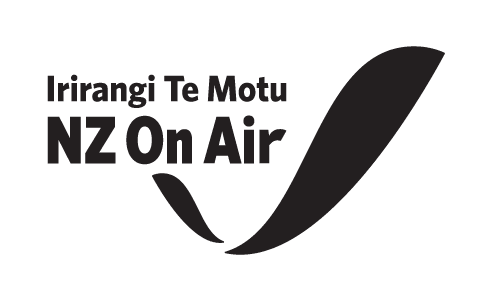Waitangi Day is a chance for all people to learn more about Te Tiriti o Waitangi, The Treaty of Waitangi, and this year two marae are open to all to learn more about it.
Rangiwaho Marae, located at Bartlett’s south of Gisborne, and Te Poho o Rāwiri Marae in Kaiti both have events happening for anybody to attend to learn more about Te Tiriti o Waitangi.
Te Tiriti o Waitangi is the founding document of New Zealand. It was signed between representatives of the British Crown and Māori on February 6, 1840.
Te Poho o Rāwiri is hosting a wānanga starting at 9am and ending at 2pm. Dr Wayne Ngata and Tauira Takurua will be speaking about Te Tiriti o Waitangi.
At the same time, a rangatahi session will be happening with Morehu Pewhairangi.
The event at Rangiwaho Marae will start at 10am and people are being invited to bring a brush and a plate of food for the shared lunch.
The day will focus on creating mahi toi (art work) about Te Tiriti along with kōrero and activities like quizzes and role-plays that help teach participants about the four articles of the treaty.
“For a very long time within Rangiwaho we were raised with a commitment to our independence,” said Rangiwaho Marae chairperson Mihi Harrington.
“We hold fast to that within all our discussions, pōhiri, whaikōrero, and whakapapa waiata. These practices reflect the hopes that we as iwi and hapū place within Te Tiriti o Waitangi and offer the chance to build great relationships with each other.”
Kay Robin of Rangiwaho Marae says it will be a fun day but also a chance to raise awareness about what rights people have.
“They don’t give us rights, they just affirm the rights we already have.”
A copy of the Tūranga version of Te Tiriti will be there to share and learn from.
Jody Toroa of Rangiwaho Marae says the day will be around analysing the treaty so people are able to have informed discussions going forward.
“We are a multicultural country and we all have Treaty moments — moments where we have been treated fairly or unfairly, but it relates to the Treaty. It’s a part of us every day; it always has been and always will be.”











0 comment
JOIN THE CONVERSATION
Read and post comments with a
Newsroom Pro subscription.
Subscribe now to start a free
28-day trial.